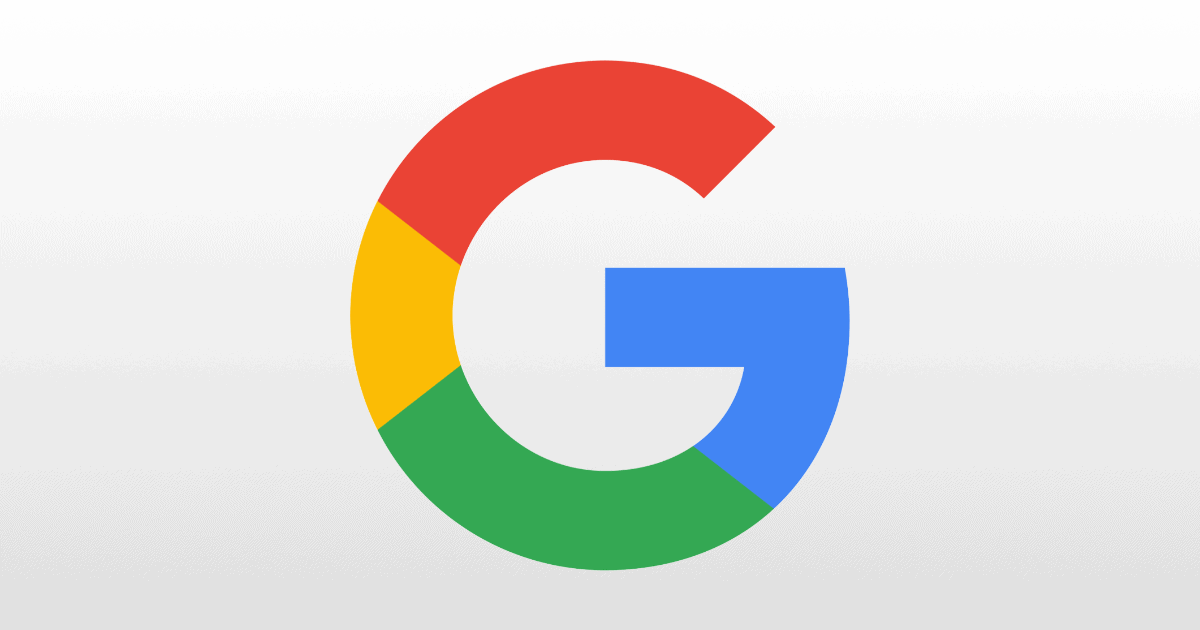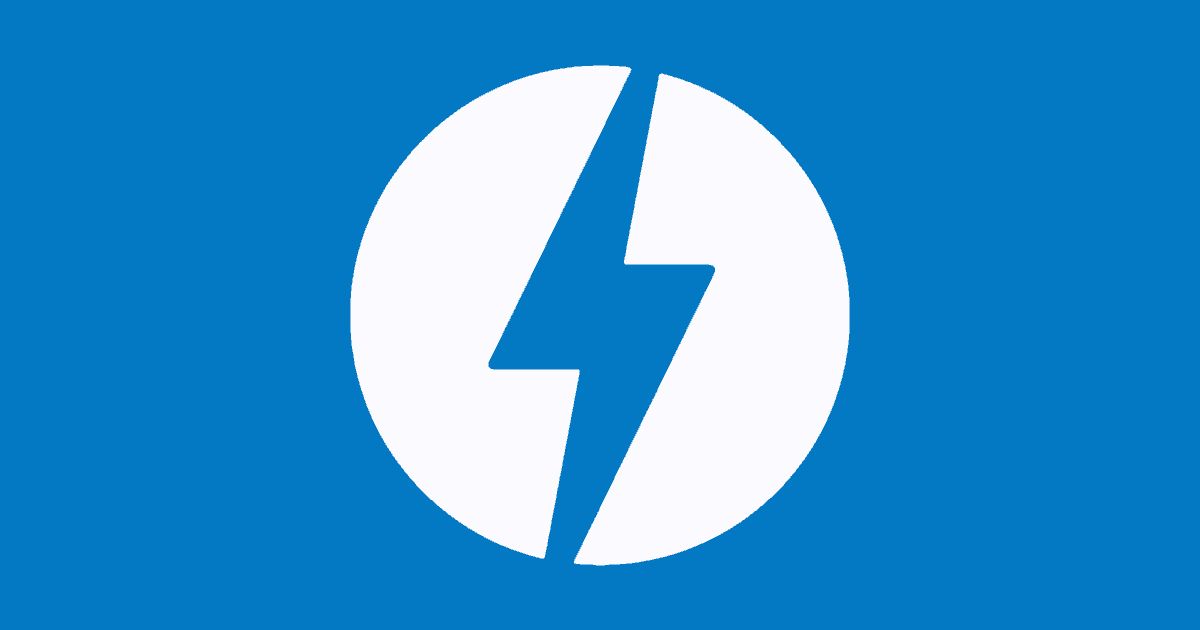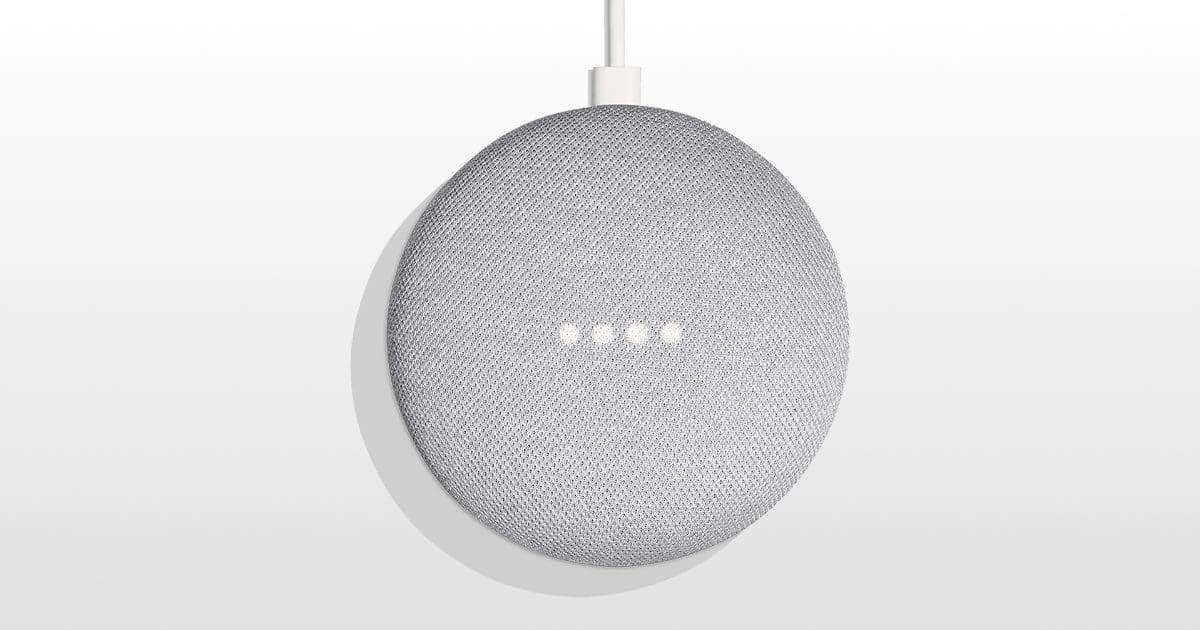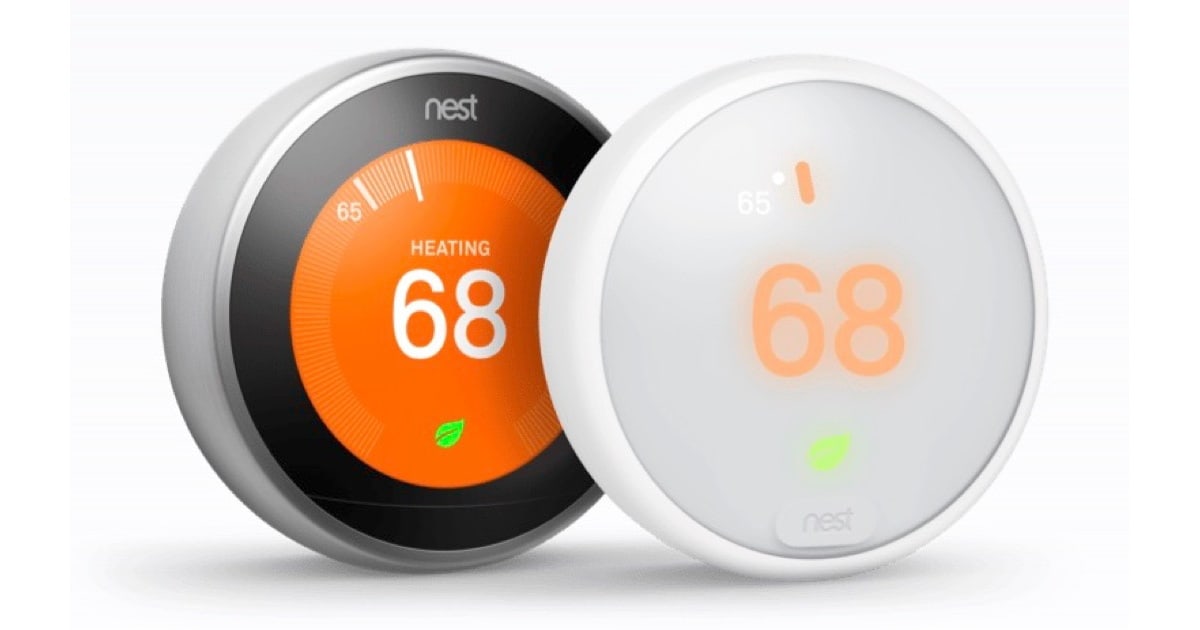23 job search firms wrote to the EU alleging that Google pursued anti-competitive practices with its own job search product.
Google Outlines New Hardware Sustainability Commitments
All shipments going to or from Google customers will be carbon neutral by 2020 and by 2022 all its products will contain recycled materials.
MacBook Pro Changes, iPhone Design Leaks – TMO Daily Observations 2019-08-05
John Martellaro and Bryan Chaffin join host Kelly Guimont to talk about changes to the MacBook Pro lineup, and iPhone designs vs Nexus leaks.
Huawei Wants to build "Huawei OS" to Compete
Huawei OS could be coming in the future as the Chinese company prepares for a worst-case scenario in light of U.S. blacklisting.
News+: Should Apple Leak the iPhone 11 Design?
In the latest issue of Macworld, Michael Simon says that Apple should leak the iPhone 11 design like Google did for the Pixel 4.
We already know it’s coming in September. And we kind of know what it will look like too. There have already been bountiful leaks that have revealed a giant square camera bump—which incidentally looks a whole lot like the Pixel 4—and it’s expected that all three models will be pretty much identical from the front. So what’s the harm in confirming what we already know?
If we accept two conditions: 1) Many Android phones tend to mimic iPhones; and 2) iPhone 11 mockups are close to or exactly the real design; Then I think the Pixel 4 was also the iPhone 11 leak.
This is part of Andrew’s News+ series, where he shares a magazine every Friday to help people discover good content in Apple News+.
Last Month Google Play Had 205 Malicious Apps With Over 32M Installs
In July alone, Google Play had 205 malicious apps with over 32 million installations, most of them containing hidden ads.
The bulk of the suspicious software – 188 to be exact – contained hidden ads, accounting for 19.2 million installs. The rest of the offenders fell under the categories of subscription scam, ad fraud, stalkerware, fake apps, fake antivirus tools, adware droppers, and software with built-in backdoors, according to data compiled by ESET malware researcher Lukas Stefanko.
Google's Project Zero Finds 6 iOS 'Interactionless' Bugs
Google’s security team Project Zero recently found six “interactionless” iOS bugs. If sold on the black market they would be worth over US$5 million.
According to the researcher, four of the six security bugs can lead to the execution of malicious code on a remote iOS device, with no user interaction needed. All an attacker needs to do is to send a malformed message to a victim’s phone, and the malicious code will execute once the user opens and views the received item.
The fifth and sixth bugs, CVE-2019-8624 and CVE-2019-8646, can allow an attacker to leak data from a device’s memory and read files off a remote device –also with no user interaction.
Meet the Never-Googlers Who Shun the Mountain View Company
The Never-Googlers are people who avoid using Google services and try to convince family and friends to give them up as well.
These intrepid Web users say they’d rather deal with daily inconveniences than give up more of their data. That means setting up permanent vacation responders on Gmail and telling friends to resend files or video links that don’t require Google software. More than that, it takes a lot of discipline.
Wouldn’t you know it, I wrote a list of Google alternatives.
YouTube Union Joins With EU Trade Union IG Metall
The YouTubers Union has joined with IG Metall, Germany’s biggest union and Europe’s biggest trade union. Together they created a venture called FairTube.
“We aren’t demanding things that cut into profits or are unrealistic. We want fairness. We want transparency. We want to be treated like partners. And we want personal communication instead of anonymous communication,” Sprave told Motherboard.
In a video announcing the move, IG Metall’s Vice President Christiane Benner, Sprave said that the partnership meant “a completely new time begins. It is no longer the case that we are helpless against Youtube. With the IG Metall, we have a strong, strong partner.” Benner added, “We know from experience that together we can achieve a lot.”
Google's AMP URL Technology Spreads to Images
Accelerated Mobile Pages (AMP) is a Google invention that is meant to speed up web pages on mobile devices. But since it wraps the page in a Google-controlled container, it’s a harmful technology to the open web. The company has started to bring AMP URL technology for Google Images.
When you select an image, you’ll see a preview of the website header at the bottom of the screen. You can keep scrolling through Google Images, or swipe up on the preview to load the AMP (accelerated mobile pages) version of the site.
Earlier I found a shortcut that can clean AMP URLs. Or, use an alternative search engine like DuckDuckGo.
Apple Headset Patent, Google Buying Facial Data – TMO Daily Observations 2019-07-24
Bryan Chaffin and Andrew Orr join host Kelly Guimont for a discussion of an Apple “headset” patent and Google’s offer to buy facial data.
Your Facial Data is Worth a $5 Gift Card to Google
Google employees are stopping people in public and offering them a US$5 gift card in exchange for their facial data. The company is thought to be working on a Face ID authentication system for the Pixel 4.
“I assume they’ll use the data to train a neural network to be able to recognize what a face is,” he replied. “Then you train your own phone on what your specific face looks like. And that’s what gets used to unlock your phone, Face ID-style, but more accurately.”
Add three zeroes to that Google, and then I’ll discuss it.
Google Contractor That Leaked Audio Data Investigated
After a report found a Google contractor accessed and leaked Google Home recordings, the company says it will investigate.
Google's New reCAPTCHA is an Invisible Tracking Beacon
Google’s reCAPTCHA bot detector is now an invisible web beacon and currently on over 650,000 websites.
With reCaptcha v3, technology consultant Marcos Perona and Akrout’s tests both found that their reCaptcha scores were always low risk when they visited a test website on a browser where they were already logged into a Google account. Alternatively, if they went to the test website from a private browser like Tor or a VPN, their scores were high risk.
Google Cancel iPad-Challenger Tablets
Google has canceled forthcoming tablet products an executive confirmed, with the company no longer trying to challenge the iPad.
RCS Launching For UK and French Android Users This Month
Google will bring RCS messaging directly to Android users but, unlike iMessage, the service is not yet end-to-end encrypted.
A Sorry Tale of the Nest Thermostat Gone Wrong
Over at Inc.com,
Google Builds HTTPS Directly Into Top Level Domains
More websites have encrypted their traffic than ever, but there is a loophole. Some use a mixture of HTTPS and unsecure HTTP. Google is closing this by building HTTPS protection directly into certain top level domains.
Which means that today, when you register a site through Google that uses “.app,” “.dev,” or “.page,” that page and any others you build off it are automatically added to a list that all mainstream browsers, including Chrome, Safari, Edge, Firefox, and Opera, check when they’re setting up encrypted web connections. It’s called the HTTPS Strict Transport Security preload list, or HSTS, and browsers use it to know which sites should only load as encrypted HTTPS automatically, rather than falling back to unencrypted HTTP in some circumstances. In short, it fully automates what can otherwise be a tricky scheme to set up.
Sign in with Apple, Telegram Attacked – TMO Daily Observations 2019-06-13
Charlotte Henry and Andrew Orr join host Kelly Guimont to discuss Google approving of Sign in with Apple, and China’s attack on Telegram.
Google Pixel 4 Gives us a Hint of iPhone XI
Google just shared a photo of its upcoming Pixel 4 phone, and I think it gives us a hint of what the iPhone XI will look like. Android manufacturers are notorious for copying the appearance of iPhones, like the notch. The Pixel 4 shows a square camera module on the back, so I think it’s likely the rumors and mockups of a square iPhone XI camera module with three cameras are probably correct.
Well, since there seems to be some interest, here you go! Wait ’til you see what it can do. #Pixel4
Ad Click Attribution, GSuite Data Exposed – TMO Daily Observations 2019-05-22
Charlotte Henry and Andrew Orr join host Kelly Guimont to discuss ad blocking in Safari and the latest report of plaintext password storage.
G Suite Passwords Stored in Plaintext Since 2005
Google has stored passwords to some G Suite enterprise accounts in plaintext, since 2005, the company has admitted.
Google Podcasts Comes to iOS in the Web
Last year Google announced its podcasting service called Google Podcasts. Today iOS users can find and listen to them within Google search.
Privacy is a Luxury Item? Think Again
Google CEO Sundar Pichai says privacy shouldn’t be a luxury item. Responding at Computerworld, Jonny Evans writes:
The crux of Google CEO Sundar Pichai’s argument against firms such as (obviously including but never named) Apple is that his company offers convenience in exchange for personal secrets, makes its services available for free, and has a “profound commitment” to protecting user privacy.
Author Evans lays bare the reality of how Google operates and the shallowness of Pichai’s whines.
















